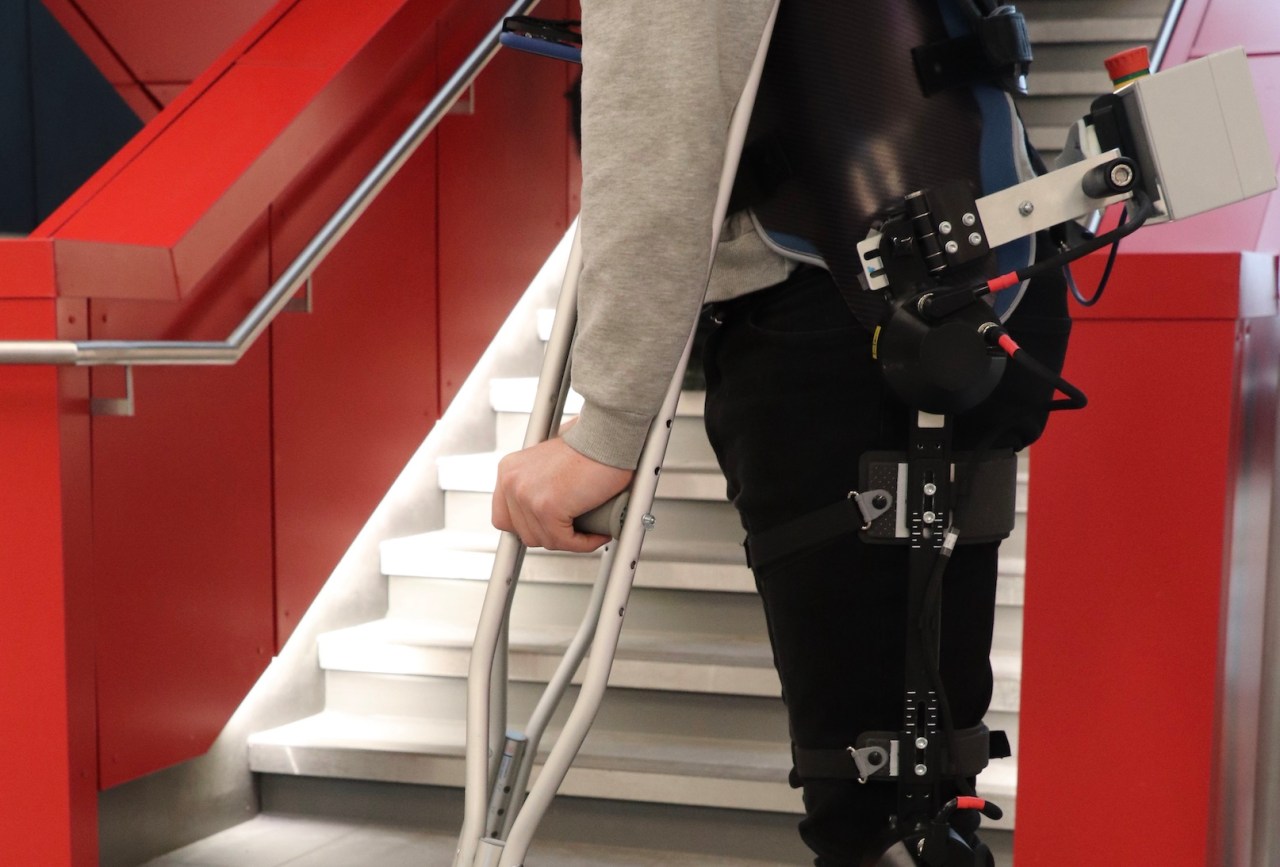The marriage of artificial intelligence and robotics has given rise to innovative solutions that aim to enhance the quality of life for individuals with mobility impairments. One such trailblazing initiative is the ExoNet project from the University of Waterloo in Canada. By integrating cameras and deep learning AI, researchers are working towards an exoskeleton system that adapts to the user’s environment, offering a paradigm shift in how prosthetics and exoskeletons can operate. Let’s delve deeper into the transformative potential of this technology and its implications for the future of mobility aids.
Understanding ExoNet: A Step Towards Natural Movement
At the core of the ExoNet project is the desire to mimic human locomotion. Traditional systems require users to engage with smartphone applications or external controllers to switch between movement modes, which can be frustrating and mentally taxing. Waterloo’s research team, led by PhD candidate Brokoslaw Laschowski, aims to change that by equipping exoskeletons with a wearable camera. This camera captures real-time video that is processed through advanced artificial intelligence algorithms, enabling the device to learn and adapt to its surroundings seamlessly.
- Enhanced User Experience: Instead of interrupting the flow of movement to adjust settings, the ExoNet system allows for continuous adaptation, creating a more fluid and natural walking experience.
- Less Cognitive Load: By removing the need for constant user input, this technology reduces the mental demands on the person using it, making mobility more intuitive and accessible.
Tackling Challenges and Paving the Way Forward
Despite the promising developments, many challenges remain before this technology can be fully realized. One significant hurdle is navigating uneven surfaces, stairs, and other obstacles that often pose difficulties for individuals with limited mobility. Future iterations of the ExoNet system aim to address these challenges by enhancing its capability to foresee and react to changes in terrain.
Laschowski emphasizes that the goal is to create exoskeletons that can operate autonomously, akin to self-driving cars. This ambition represents not only a scientific milestone but also a revolutionary concept for human mobility:
“Our control approach wouldn’t necessarily require human thought. We’re designing autonomous exoskeletons that walk for themselves.”
The Role of Power Efficiency in Exoskeleton Development
Another vital aspect of exoskeleton design is battery efficiency. Traditional exoskeletons face limitations due to finite energy sources, making prolonged use challenging. The University of Waterloo researchers are exploring innovative solutions that can recharge the device using the user’s own movements. This would not only extend usability but also promote user empowerment through energy independence.
Implications for the Future of Mobility
The advancements presented by the ExoNet project could redefine mobility aids, transitioning from reactive systems to proactive assistive technologies. For users, this could mean a life with greater freedom and less dependence on external controls. As research and development in this field continue to evolve, we envision robotic exoskeletons not just as tools for assistance, but as extensions of human capability.
Conclusion: Envisioning a Future Driven by Innovation
The ExoNet project exemplifies how technology can transform lives by facilitating more natural human movement through the integration of AI and real-time feedback systems. The commitment to refining these technologies not only enhances the user experience but also holds the potential to revolutionize the field of mobility aids. As we move towards an era where autonomous assistive technologies become commonplace, it is crucial to foster collaboration and innovation in this exciting sector.
At fxis.ai, we believe that such advancements are crucial for the future of AI, as they enable more comprehensive and effective solutions. Our team is continually exploring new methodologies to push the envelope in artificial intelligence, ensuring that our clients benefit from the latest technological innovations.
For more insights, updates, or to collaborate on AI development projects, stay connected with fxis.ai.

